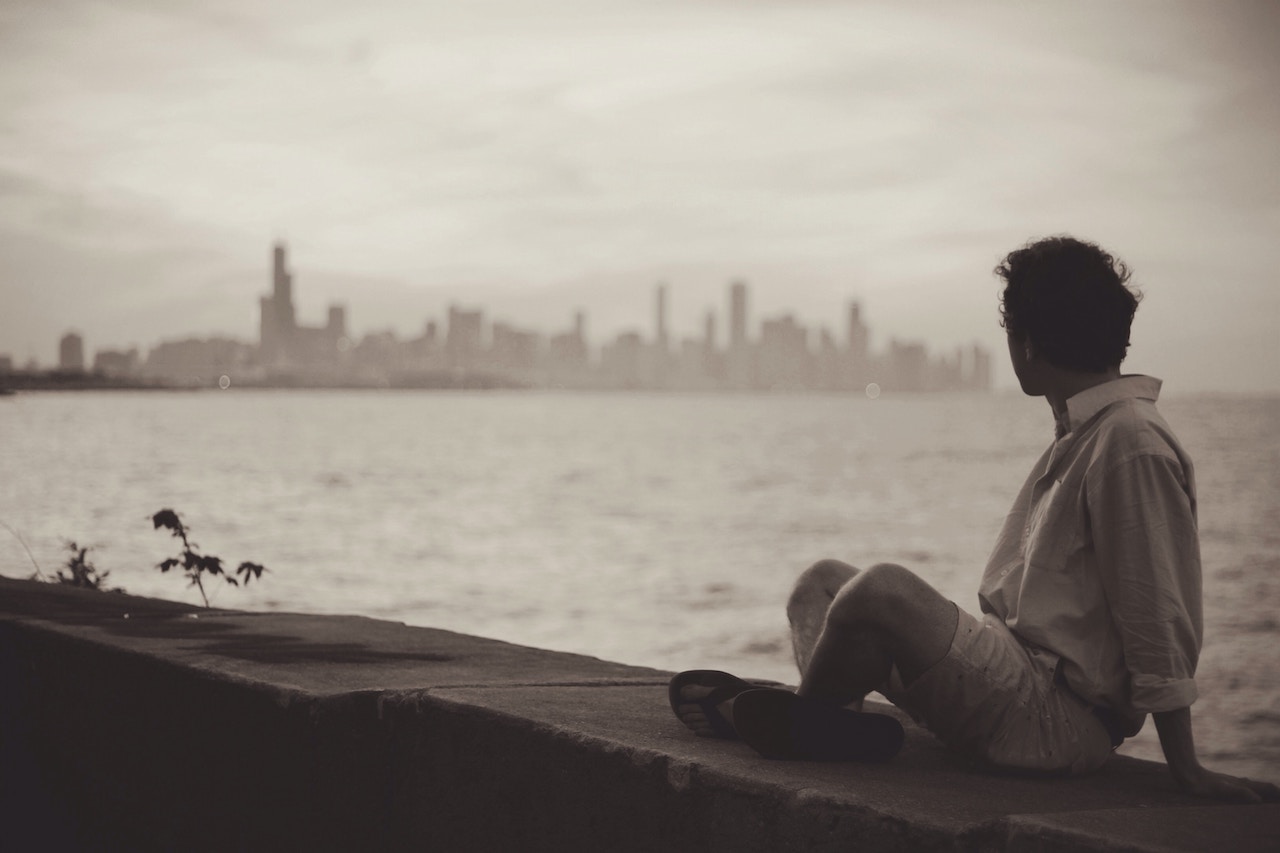Urban Life: Is Homesickness Making You Sick?
By Sukanya Sharma
In the late 17th century, the term ‘nostalgia’ was coined by a Swiss physician named Johannes Hofer, according to this fascinating article in The Atlantic. “A longing to be back home”, nostalgia was “considered a psychopathological disorder” and there were a range of treatments prescribed. Leeching and bullying are two noted in that piece. So much for a throwback to a simpler time!
Now for many of us in the 21st century, home is a relative concept. And moving about is the name of the game. Whether we move cities for college, or work, or better opportunities, there can often be a strong element of homesickness and nostalgia, that gets hard to shake. Hearing that ‘it happens to everyone’ or ‘this is nothing’ (or worse yet, a proposed leeching cure!) isn’t helpful.
ALSO READ: LONELINESS AND US
What is helpful is to acknowledge the impact on our mental and emotional well-being. It’s also helpful to know that we’re not alone.
“Homesickness is a very common experience and it often comes about on account of letting go of comforts, things one is used to and determining new ways of being and doing things in a place,” clinical psychologist Kamna Chhibber tells The Health Collective. “Missing home and the things that represent home can increase feelings of loneliness, affecting moods and making it difficult to continue being in the new place.”
So what is the crux of the challenge? It’s not surprising that it’s a combination of issues, not least of which are the difficulties inherent in learning how to fit in, in a new environment. We often don’t get to bring our security blankets with us.
ALSO READ: THE NEED FOR SELF-CARE
“Any change can be difficult to adapt to and a change that involves a major resettlement can bring with it a lot of anxieties, apprehensions, stresses and challenges. The problem is not just in terms of not having loved ones around, but also developing new support systems, friends, understanding the new city, determining ways to keep oneself engaged beyond studies or work, adapt to the culture of the new city and integrate these into existing world views,” Chhibber tells The Health Collective.
The Health Collective spoke to Ankit Janiani, a student who moved to New York for his residency in medicine last year. “Moving to a new country altogether has its pros and cons. The cons being that you are out of your comfort zone, you need to step it up, be self-sufficient etc, but the pros are some of the obvious ones – you’re your own boss, you have the independence and freedom to do whatever,” he tells The Health Collective, with the caveat, “But if you’re alone, the feeling of loneliness can also take over.”
While you have the freedom to do whatever and be wherever without having to give explanations, it also means that when you are at your lowest – emotionally, you’re on your own.
Navneet Sharma has been living in New Delhi due to work, away from family for years now, and can still feel the pinch of coming back to an empty house. He tells The Health Collective, “I try to accommodate travel in my work because it gets lonely at home.”
According to studies, loneliness can show up as actual physical pain when you’re isolated.
Now, this could affect those who are moving away (to build that better life or dream), but it also affect those left behind. Parents, spouses, children, they all feel this sudden change in lifestyle and it affects their mood. After all, it is a shift in lifestyle that they need to adjust to over time as well.
Having a social circle or support network makes these sorts of dramatic life changes easier. (I know, that’s easier said than done.) But psychologist Kamna Chhibber gives us some tips on how to find balance between the pressures of resettling and our own mental wellbeing:
Considering it takes a lot to make the decision to move and resettle or migrate it is not easy to say let go of what you need to do in terms of the work or education that you’ve come for.
- What’s most important is to take care of your needs and not neglect them on account of your work
- Simultaneously taking breaks and making an active effort to develop new relationships in the new city is very important. This would mean being open to meeting new people and having new experiences
- Staying actively connected to people back home can also be helpful as it helps take care of your emotional needs. Make frequent trips back (even if for the weekend) and slowly ease yourself into being in the new city for longer durations if it is possible
At the end, we all crave movement. Stagnation undermines growth, and in today’s world is the equivalent of failure. It is important though, that in this pursuit of looking for something “better”, we don’t overlook our needs to feel better.
Janiani says, “Weigh the extent and how much of a sacrifice is worth. Such that the stress doesn’t overwhelm and lead to depression. Despite all this if it is bringing you closer to your ultimate destination and you manage to survive the ups and downs of the journey then this all will be worth it!”
And there is something employers can do, to create a work culture that makes “non-local” employees comfortable. Chhibber suggests, “A work environment which is inclusive, supportive and friendly, creating opportunities to have conversations and discuss challenges is better suited to help an individual during their period of transition. It is also aided if an organisation is patient and gives time — 3-6 months — to the person to settle and adjust to the new place. Lofty and unrealistic expectations can be extremely disruptive of the process of adjustment for the individual.”
As for me, moving away from home to study and then pursue a career seemed to be the only thing to do. The nostalgia and homesickness kicked in, when I constantly missed the comfort of home, or something as simple as a home-cooked meal at the end of a long day. The movement and change started to feel like a burden. While it’s tough, I’m not ready to heed the parental call to just “come back home”, because it almost seems like a step back. I’ve spent years transforming myself into someone who lives out of her comfort zone because that’s where I’ve explored new opportunities.
My parents mostly think I ‘struggle’ for a living, but this ‘struggle’ is the reason I’ve learnt to be an adult. In the comfort of home, I’ll always be their kid who needs protection.
Disclaimer: Material on The Health Collective cannot substitute for expert advice from a trained professional
If you would like to share your story, do write to us here or tweet us @healthcollectif
Feature Photo by Caleb George on Unsplash




